Biotech Ingredients Are Beauty’s Next Big Thing—Here’s How They’re Changing Skincare as We Know It
Planet-approved skincare
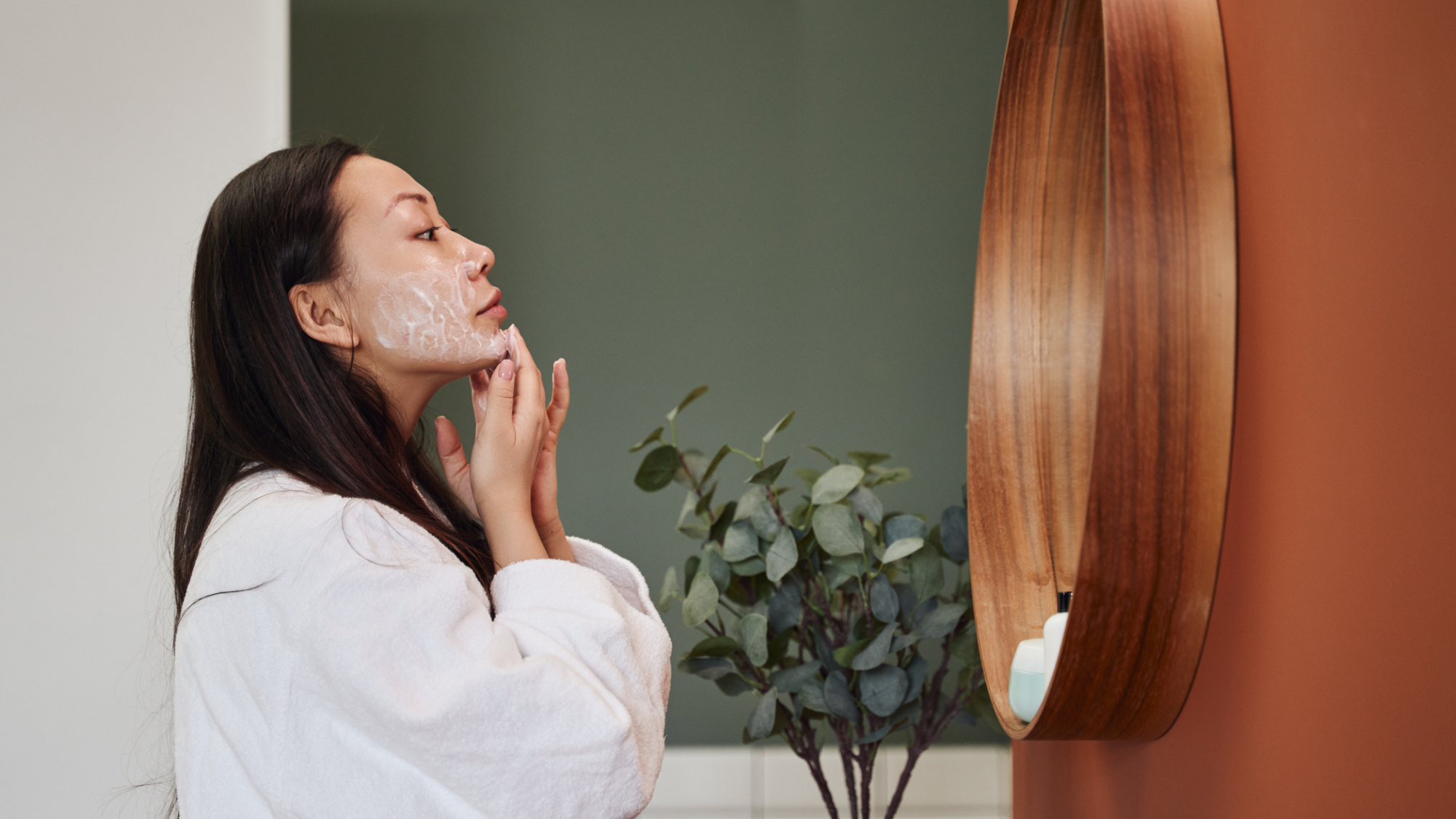

When it comes to sustainable beauty formulations that are inclusive of people and planet, finding a middle ground is not always easy. Natural ingredients often rely on farming practices that often require a lot of land and water, and demand for certain ingredients can lead to over-harvesting and deforestation, threatening ecosystems and actually contributing to the climate crisis rather than helping to overcome it.
It's why many beauty brands and customers alike are turning toward biotech beauty, focusing on lab-grown natural ingredients and more sustainable production methods that not only reduce the climate impact, but also increase product efficacy. Unlike traditional skincare formulations that rely on synthetic compounds or the over-harvesting of natural ingredients, biotechnology uses small amounts of plant material or living organisms as the foundation for formulations, meaning brands are able to innovate without costing the earth.
While biotech has long been used in medicine, it's relatively new to the beauty world, but its popularity is growing at an unprecedented rate. We spoke to the experts at the forefront of beauty's latest boom to find out more about the process of making biotech ingredients along with the best way to incorporate them into our skincare routines.
What Are Biotech Ingredients?
“Biotech ingredients are created using biotechnology. We use living systems like yeast, algae, bacteria or plant cells to produce complex molecules that are identical, or even superior, to those found in nature.” explains cosmetic chemist and founder of Mimétique, Fabienne Sebaoun. “I like to say that they are lab-crafted with nature and perfected by science, because [Biotech] is not about extracting from nature, it's about getting inspired by nature, without fully taking from it and it’s the future of cosmetics”.
“At Mimétique we strive to select the right building blocks in all areas, then formulate with extreme discipline and skin affinity,” adds Sebaoun. “For example, we use squalane from Amyris Labs. They produce squalane derived from sugarcane, not from olives - or worse shark liver - they use precision fermentation, essentially teaching yeast to convert sugarcane into pure, stable, skin-identical squalane.” This approach is demonstrative of the very heart of biotech formulation, says the cosmetic chemist, because it what means brands like hers can guarantee that products are “100% vegan and renewable sustainably produced without seasonal or agricultural variation which is far more stable than olive-derived squalane you can even formulate products, molecularly identical to skin’s natural lipids Lightweight, non-comedogenic, and perfectly tolerated”
Sustainability wise, Sebaoun says that when creating biotech ingredients each step has to be considered. “We don’t run fermentation tanks in-house all day — we partner with best-in-class ingredient suppliers whose technologies come from biotech, green chemistry, and rigorously substantiated research.”
“I come from a dermatology family - so I’ve been obsessed with French dermocosmetics since I was young but now running a self-funded brand, I’ve become even more aware of the need for formulas that deliver. Traditional cosmetics often rely on natural extraction or synthetic replication, biotech skips the inefficiencies of both. Instead of harvesting plants seasonally or creating ingredients in petrochemical labs, we use living microorganisms (like yeast or bacteria) to bio-ferment molecules that are ultra-pure, sustainable, stable, and skin-identical”
Celebrity news, beauty, fashion advice, and fascinating features, delivered straight to your inbox!
What makes biotech ingredients different from natural ingredients?
A post shared by Mimétique (@mimetiqueskin)
A photo posted by on
"Biotech skincare ingredients are often bio-identical to the natural compounds our skin produces—like hyaluronic acid, peptides, or growth factors." explains Dr Ahmed El Muntasar, NHS GP & Cosmetic Doctor."Essentially, they’re scientifically created versions of these ingredients, made in a lab using biotechnology. The key difference from traditional skincare is that those ingredients are typically extracted from animals or plants, while biotech ingredients are lab-grown for greater purity, consistency, and sustainability."
Unlike major brands that Sebaoun says are “built on legacy formulas and require reformulation of best-sellers, investing in new testing, new compliance, sometimes even new supply chains, Biotech and green chemistry in general requires new ways of thinking, which is easier for independent or agile brands like Mimétique.” This reliance on innovation to move the dial, explains the brand founder, is why using Biotech ingredients will be foundational for the next wave of formulation in beauty.
“[Biotech] finally solves the tension between efficacy, ethics, and sustainability. You get the precision and power of lab science, with ingredients designed to mimic or surpass natural ones. You don’t deplete nature to get results — no unsustainable harvests, no batch variability.
And you unlock entirely new actives we couldn’t access before. Think peptides made by fermentation, sugars from algae, or lab-grown squalane.”
How do I incorporate biotech ingredients into my skincare routine?
Want to make the biotech switch, but nervous about how it will fare in your existing routine? We according to Dr El Muntasar, you have nothing to fear. "Generally, biotech products are actually really well tolerated," explains Dr El Muntasar. "So people can more or less crack on with them pretty quickly."
"I always recommend obviously starting slow," he advises, "but building up layering the products after cleansing and ending the routine with sunscreen." However overall, says Dr El Muntasar "Fermented ingredients, lab grown ingredients, can work really, really well to improve someone's skin."
And his prediction for the space? "Biotech is likely the next big step in beauty because it combines science, sustainability, and performance" says the aesthetics doctor. "It allows brands to create high-quality, lab-grown ingredients that are cleaner, more consistent, and often more effective than their natural or synthetic counterparts and the engineering is a lot better for the environment."
Marie Claire's Biotech Product Picks
Now you're all clued up on formulation side of biotech beauty, scroll to shop our favourite product picks, in order to begin for incorporating biotechnology in your everyday routine.
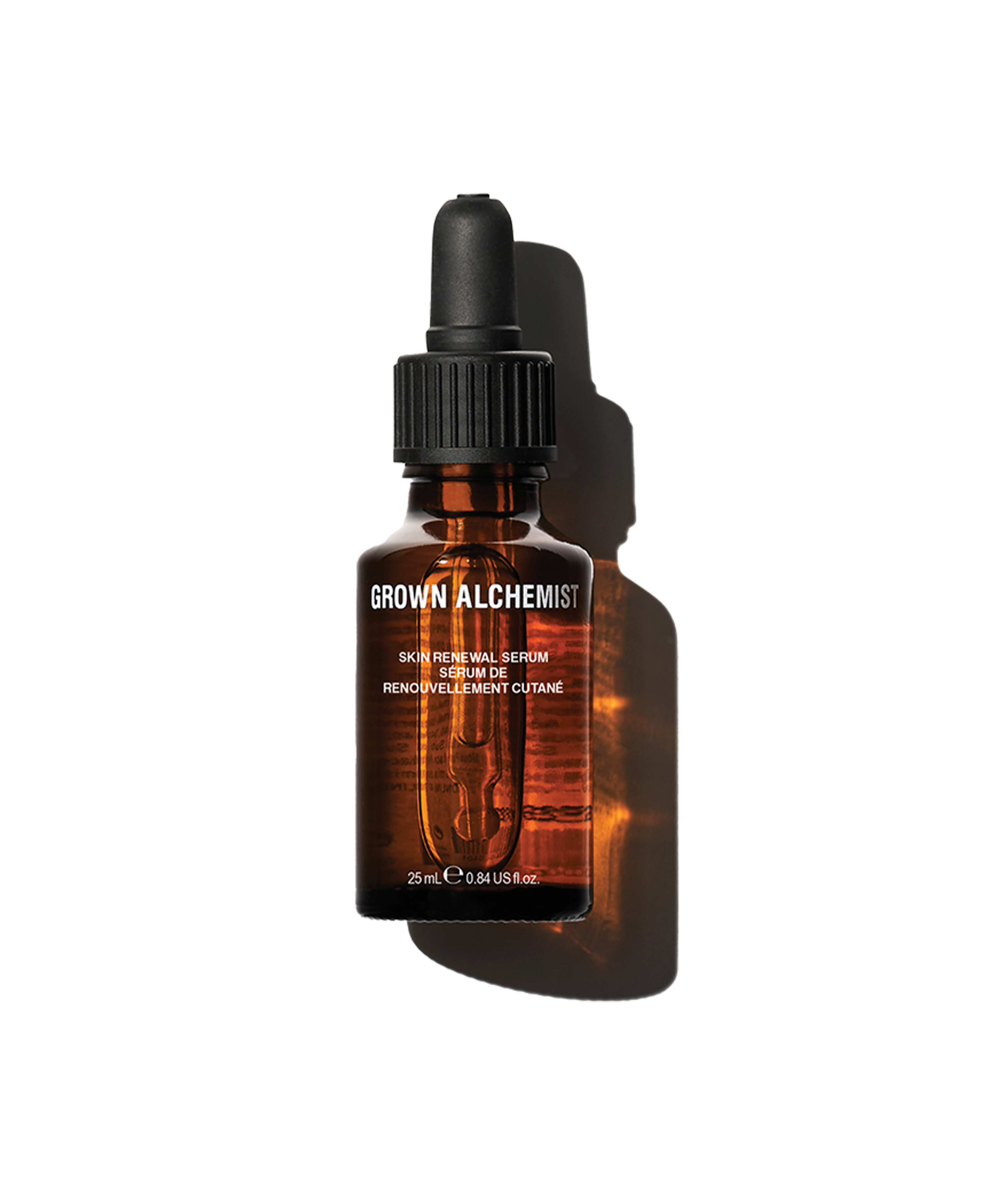
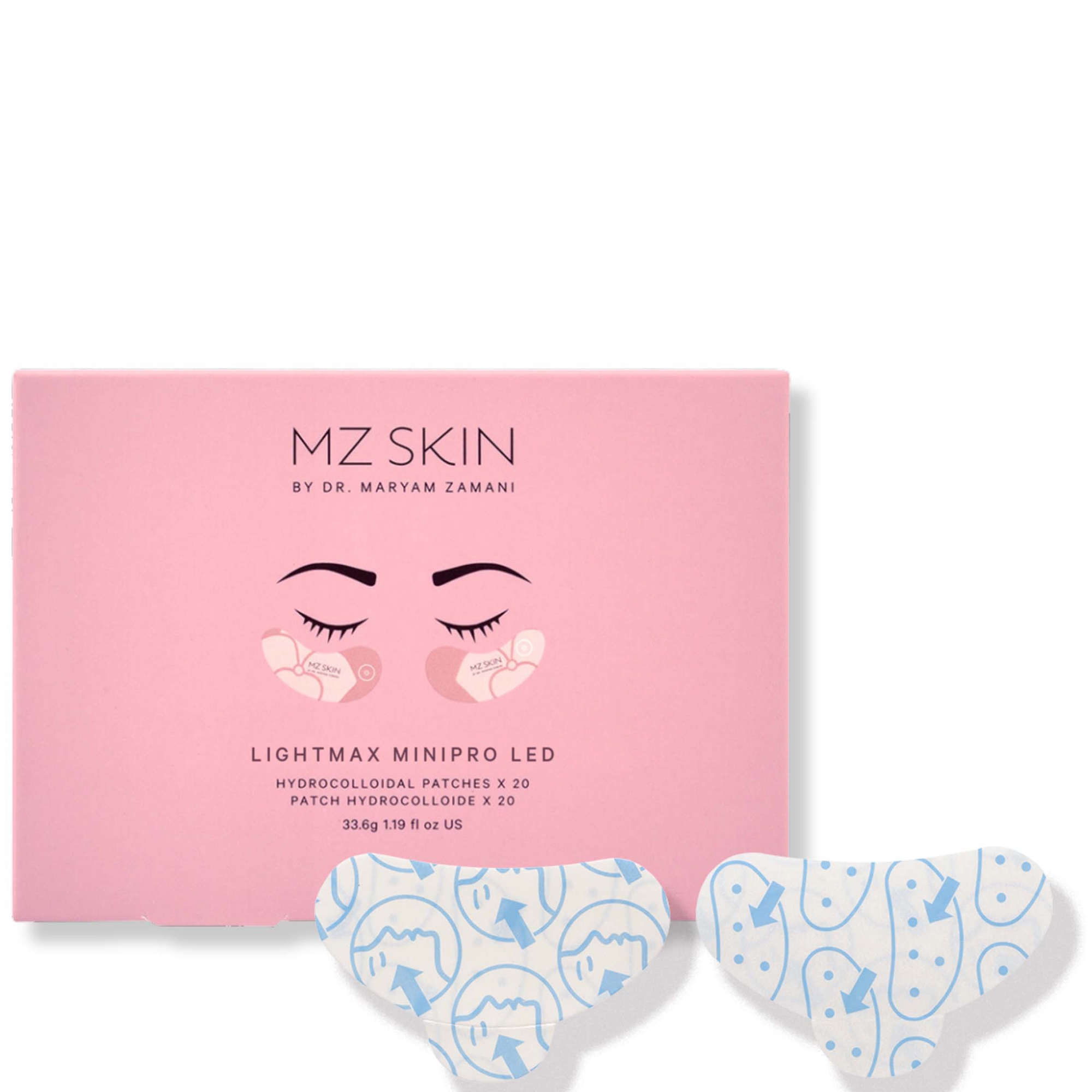
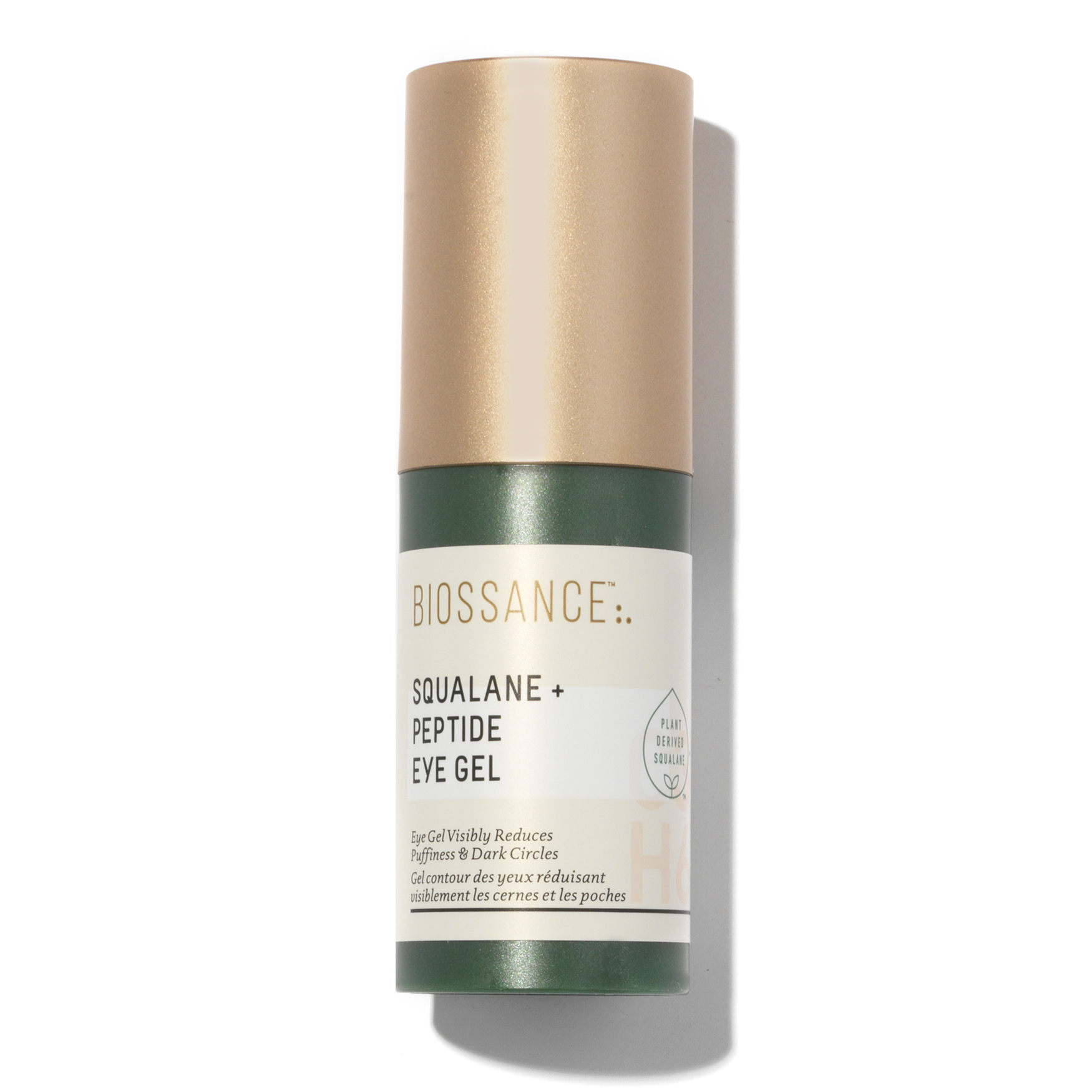
Biossance was born out of sustainable biotechnology, so it is imbedded in the roots of the brand. Biotech allows us to create high-performing products that don’t compromise results or the planet.
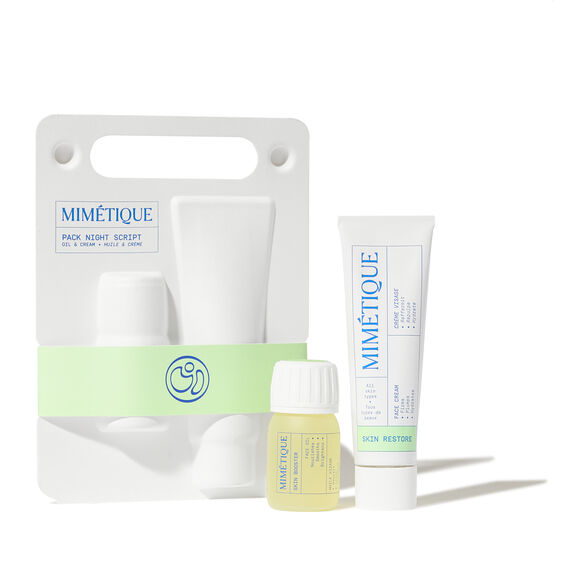
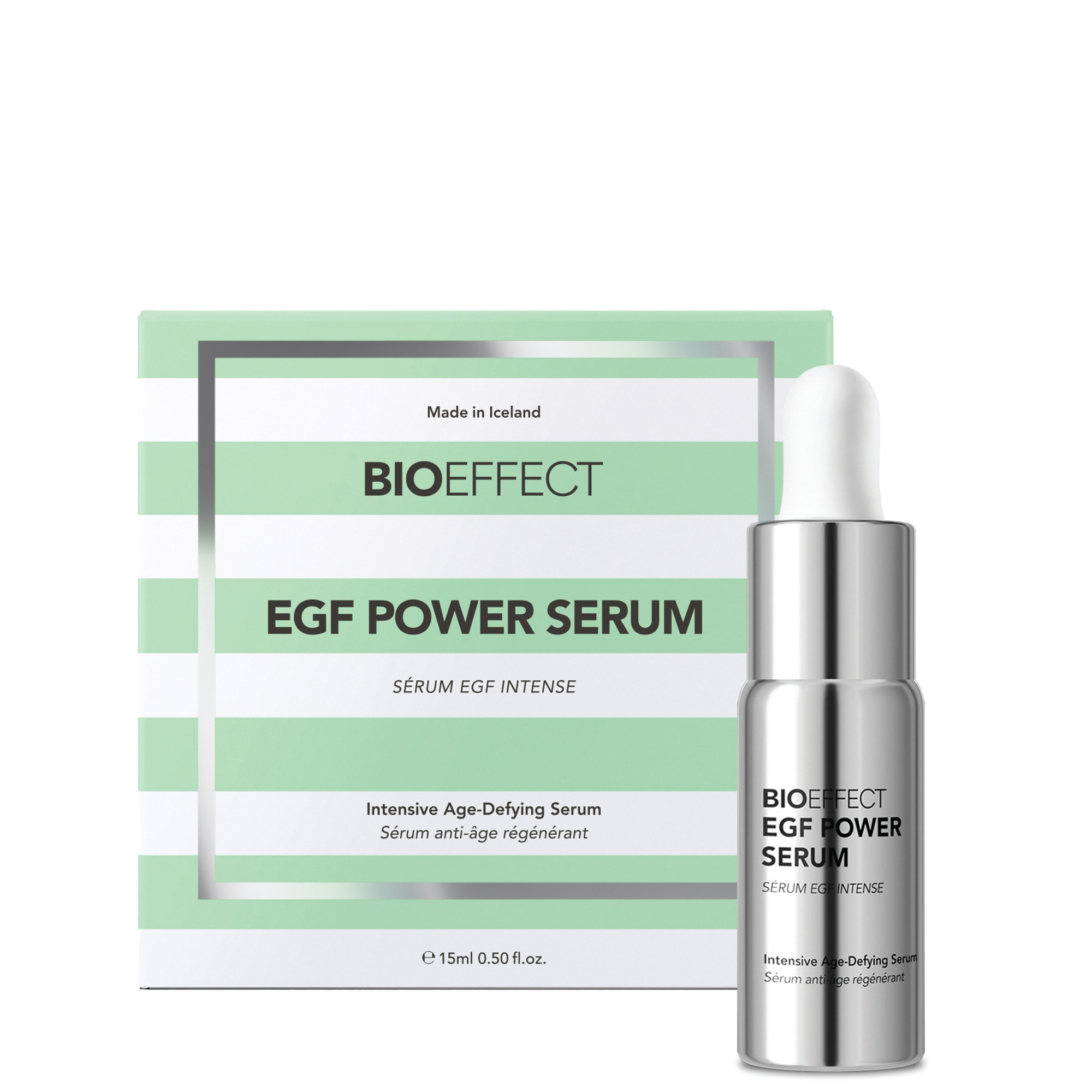
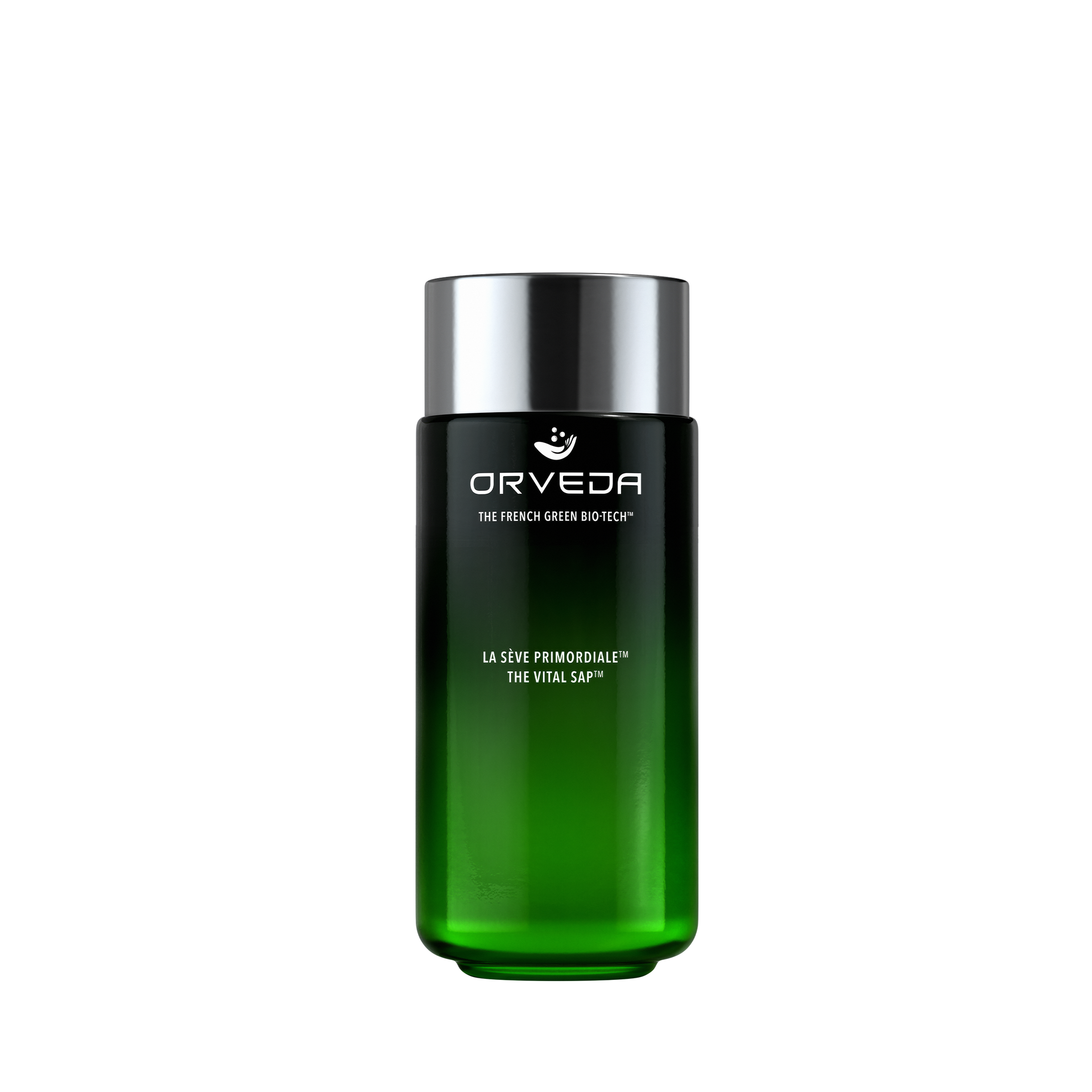
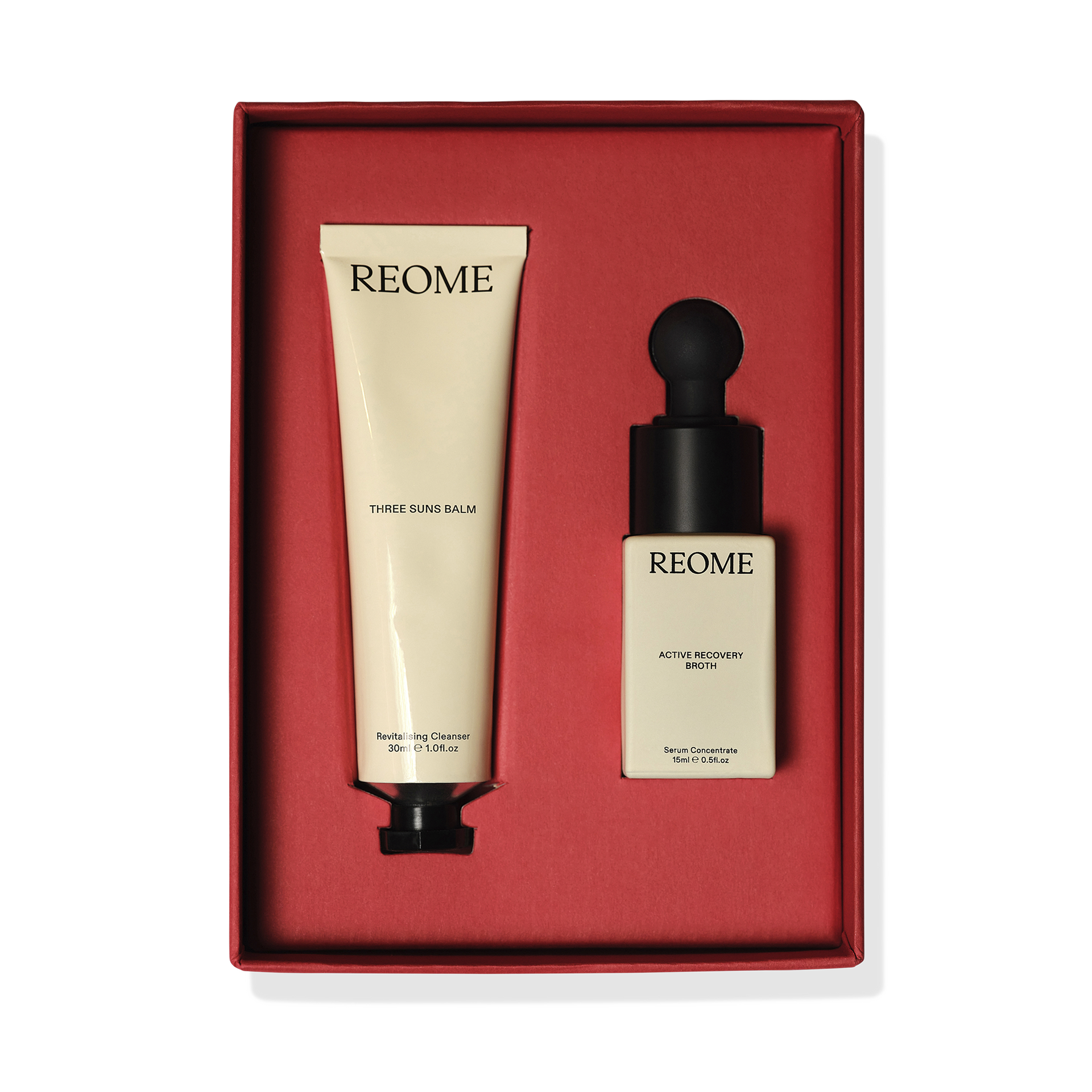

Ata-Owaji Victor is a lifestyle and beauty writer and editor whose work has appeared across titles like Refinery29, Elle UK and British Vogue. She has a keen eye for all things Afro haircare (which she frequently samples on her 4C coils), beauty tech and innovation.